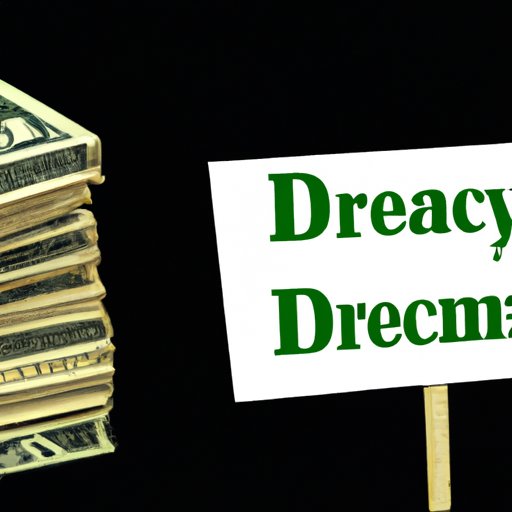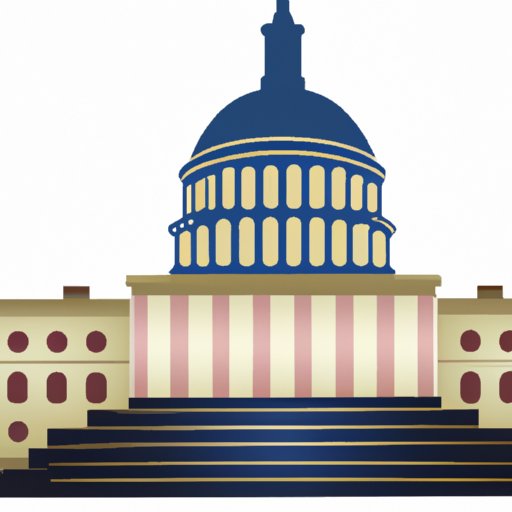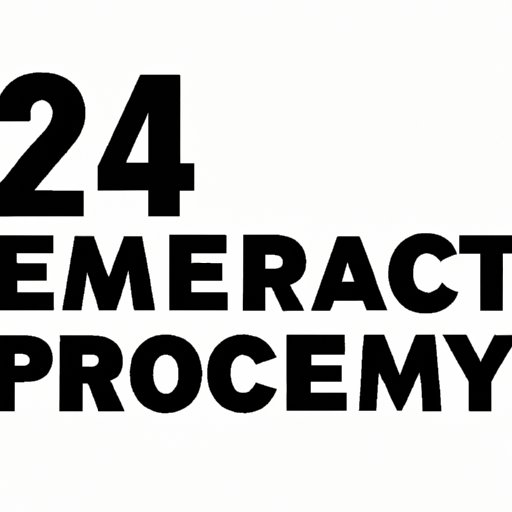This article explains the historical context, significance, and impact of the 20th Amendment on American democracy and presidential transitions, with examples of its application in practice.
Understanding the roles of the Senate and the House in American democracy
This article explores the comparative analysis of the powers and functions of the Senate and the House of Representatives, their impact on the functioning of Congress, the historical overview of their role in shaping the nation’s political and social landscape, commentary on the current political climate in Congress, and examination of the most pressing issues facing both chambers. It is important to understand the roles of the Senate and the House in American democracy for effective decision-making.
The Declaration of Independence: Why It Matters for America
Explore why the Declaration of Independence was important and how it has impacted American society, including its role in shaping American democracy, national identity, and exceptionalism.
The 27th Amendment: An Underdog Triumphs and Its Relevance Today
The 27th Amendment tells the story of an overlooked but important chapter of America’s political history. Its successful ratification after 200 years demonstrates the remarkable adaptability of American political institutions. By examining its journey and controversies, we can gain essential insights into the role of citizens, money, and politics in American democracy today.
The Gettysburg Address: A Turning Point for American Democracy
Explore the significance of the Gettysburg Address, a turning point in American democracy that changed the course of the Civil War. This article examines the speech’s salient features, critical analysis, and political impact, as well as its significance in shaping American political culture and the vision of a united nation. Deconstructing Lincoln’s message and its contemporary relevance, this article offers readers a comprehensive understanding of the importance of the Gettysburg Address.
Why Did Andrew Jackson Oppose the National Bank: A Historical, Philosophical, and Economical Inquiry into President Jackson’s Political Views
Andrew Jackson opposed the national bank on the grounds of its monopolistic nature and influence over government. This article explores the historical, philosophical, and economic reasons behind Jackson’s opposition to the national bank, situates Jackson’s disparate political views within a broader political context, and discusses the legacy of his opposition on subsequent Presidencies and American politics.
A Comprehensive Guide to Understanding the House of Representatives
A Comprehensive Guide to Understanding the House of Representatives for interested US citizens. Learn about the importance of the House of Representatives in the American democracy, its role, responsibilities and impact on citizens’ everyday lives.
Exploring the 22nd Amendment: Everything You Need to Know
Discover the history, purpose and implications of the 22nd Amendment in the US political system. This comprehensive guide explores everything you need to know about the amendment, including term limits for Presidents, its impact on elections and democracy, possibilities for change, and more.







